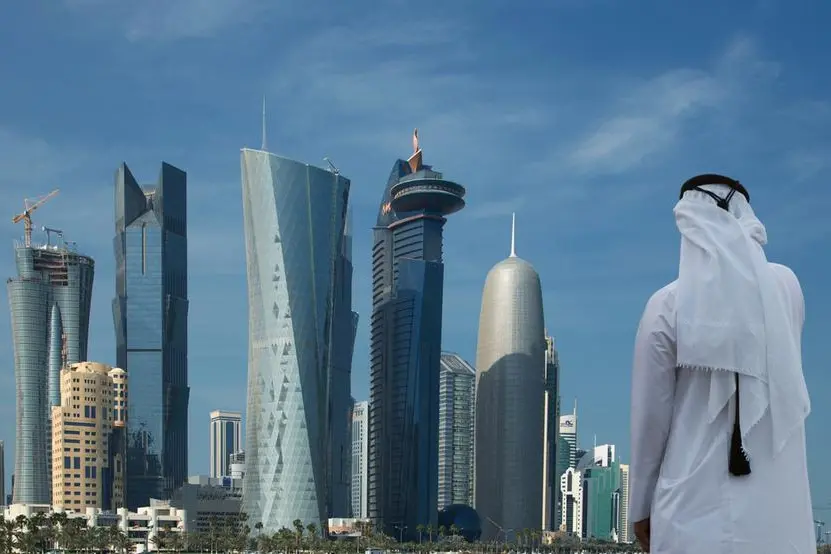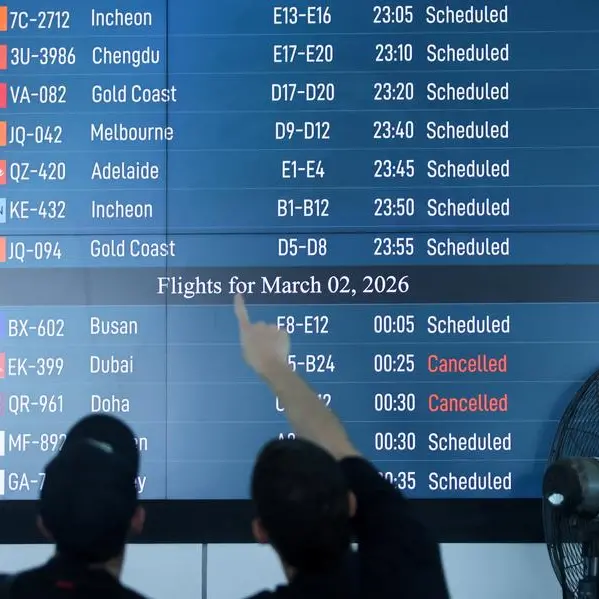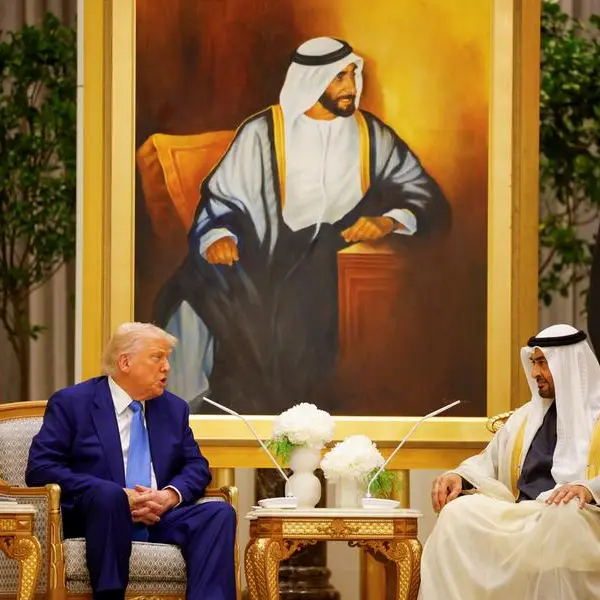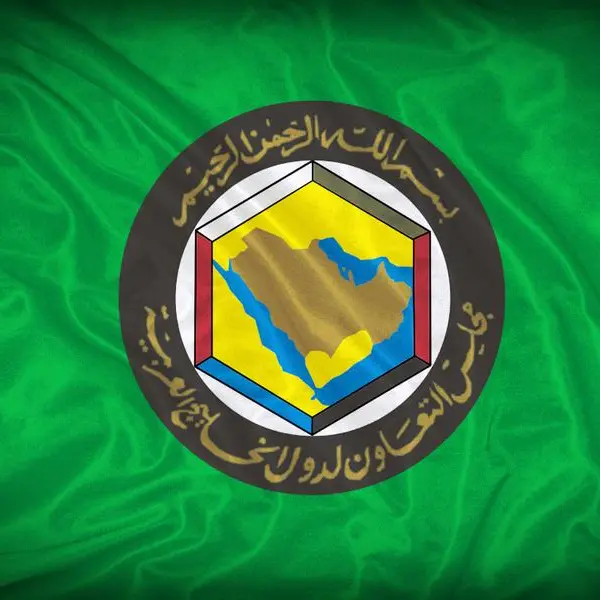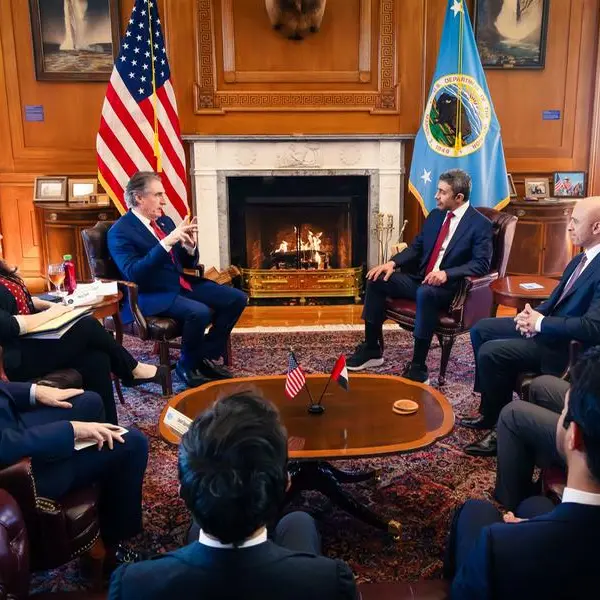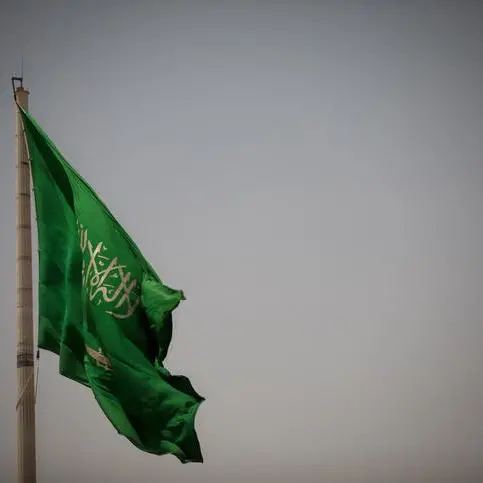PHOTO
Qatar has been making remarkable strides in recent years as a trusted mediator in various international conflicts. These diplomatic successes highlight Qatar's growing soft power and its ability to foster dialogue, negotiate agreements, and promote peace in some of the world's most challenging regions.
From facilitating the just concluded US-Iran prisoner swap to playing a pivotal role in the Afghanistan pullout, and addressing crises in Darfur, Mali, and Somalia, Qatar's mediation efforts have not only garnered international recognition but also solidified its position as a key player on the global stage.
Five US citizens freed by Iran in a high-profile prisoner swap mediated by Qatar landed back in the United States on Tuesday to a joyous reunion with family members. In a reciprocal move, Washington also released five Iranians detained in the US.
Qatar has voiced optimism following the landmark Iran-US prisoner swap in Doha on Monday which could be a crucial catalyst for advancement in relations between the long-standing adversaries.
The swap has raised expectations for a revival of diplomatic ties and the resurrection of the Joint Comprehensive Plan of Action (JCPOA), more commonly known as the nuclear deal.
HE the Prime Minister and Minister of Foreign Affairs Sheikh Mohamed bin Abdulrahman bin Jassim al-Thani conveyed his appreciation for the implementation of the Iran-US prisoner exchange on his X platform, saying: “With the entry into force of the US-Iranian prisoner exchange agreement, we thank both parties to the agreement, hoping that it will pave the way for further understandings.”
The release of American and Iranian detainees marked a significant breakthrough in diplomatic relations between these two nations. Qatar's neutrality, diplomatic finesse, and strategic location in the Arabian Gulf made it an ideal intermediary for this sensitive negotiation. The successful resolution of this longstanding issue demonstrated Qatar's ability to bridge divides and foster diplomatic solutions.
Ironing out the intricacies of the complex Afghanistan pullout has been one of Qatar's outstanding mediation successes. The United States Armed Forces completed their withdrawal from Afghanistan on 30 August 2021, marking the end of the 2001–2021 war. Qatar played a crucial role in hosting peace talks between the Afghan government and the Taliban on one hand and between the Taliban and the US on the other, facilitating the withdrawal of the American troops as well as military and civilian personnel of many other countries.
In fact, Qatar played an outsized role in US efforts to evacuate tens of thousands of people from Afghanistan. After the swift Taliban takeover of Kabul on August 15, the US looked to Qatar to help with the evacuation of tens of thousands in a chaotic and hurried airlift.
In the end, nearly 40% of all evacuees were moved out via Qatar. International media outlets also asked Qatar for help with their staff evacuations.
Qatar's involvement in mediating the Darfur conflict in Sudan showcased its dedication to addressing humanitarian crises. In 2011, Qatar hosted negotiations between the Sudanese government and rebel groups in the Darfur region, resulting in the signing of the Doha Document for Peace in Darfur (DDPD). While challenges persist, Qatar's efforts contributed to a significant reduction in violence and marked progress toward a lasting peace in Darfur.
In Mali, Qatar played a critical role in mediating between the Malian government and various rebel groups. Qatar's engagement in the region highlights its commitment to promoting stability and security in Africa.
Doha has also been actively involved in mediating the complex political landscape of Somalia. The country has facilitated talks between various Somali factions, contributing to political stability and progress in the country.
Qatar's role in mediating the Somali crisis underscores its dedication to addressing conflicts in the Horn of Africa and fostering regional cooperation.
Qatar's mediation successes in various global conflicts have enhanced its reputation as a reliable mediator and a promoter of peace and stability.
Several factors contribute to Qatar's ability to project soft power effectively: 1.Neutrality: Qatar's policy of neutrality allows it to engage with conflicting parties without being perceived as biased. This neutrality builds trust among stakeholders and makes Qatar an attractive mediator. 2. Diplomatic Expertise: Qatar has invested significantly in building diplomatic capabilities, including hosting international forums and establishing institutions dedicated to conflict resolution and peacebuilding. 3. Strategic Location: Qatar's geographic location in the Middle East positions it as a crucial intermediary in regional disputes, allowing it to play a pivotal role in diplomacy and crisis resolution. 4. Humanitarian Efforts: Qatar's commitment to humanitarian aid and development in conflict-affected regions reinforces its image as a compassionate and responsible global actor.
His Highness the Amir Sheikh Tamim bin Hamad al-Thani has always been quick to issue directives to dispatch aid to calamity-stricken countries. Qatar has the capacity to establish air bridges and transport significant quantities of relief materials in humanitarian operations spearheaded by its air force and charitable institutions like Qatar Red Crescent and Qatar Charity. Qatar’s search and rescue team is also well-known for its expertise and devotion in helping out countries hit by natural calamities like earthquakes or floods. Qatar’s rescue and relief teams have made meaningful intervention in Turkiye and Morocco, two countries which have been hit by devastating earthquakes in the recent past.
Analysts agree Qatar's mediation successes and charitable work underscore its growing soft power and diplomatic prowess. The nation's ability to bring parties to the negotiating table and facilitate dialogue has contributed to peace and stability in some of the world's most challenging regions. Qatar's dedication to conflict resolution and its neutrality position it as a valuable mediator on the global stage, and its soft power continues to shape international diplomacy in meaningful ways.
In the end, what Qatar would like to see is a region free of disputes and one that resolves conflicts in sound and diplomatic ways.
© Gulf Times Newspaper 2022 Provided by SyndiGate Media Inc. (Syndigate.info).
